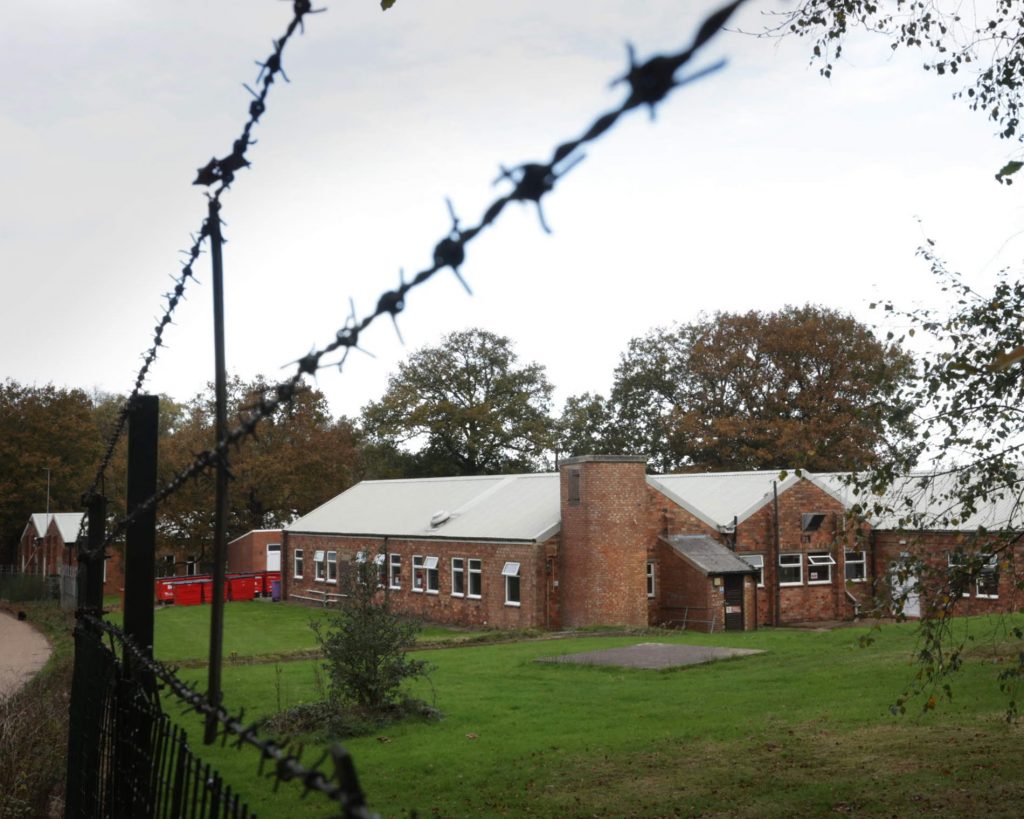The UK government is preparing to move hundreds of asylum seekers into two military sites as part of efforts to reduce the use of hotels. According to reports, these new plans involve housing up to 900 men at Cameron Barracks in Inverness and Crowborough Training Camp in East Sussex. The move is part of a wider strategy to phase out asylum hotels by 2029, which have cost taxpayers billions and sparked protests across local communities.
Prime Minister Sir Keir Starmer said he had urged officials in the Home Office and Ministry of Defense to “go faster, go further” in finding suitable government-owned sites. He said he was “pleased” that progress was being made and expected asylum seekers to begin moving into military bases by the end of the year.
Defense Minister Luke Pollard explained that the bases are not designed to be luxury housing but are “adequate for what is required.” He added that moving asylum seekers to military sites would take pressure off the hotel system, which has become both expensive and politically sensitive. At present, more than 32,000 asylum seekers are still being housed in hotels across the country.
However, the National Audit Office previously warned that using large sites like military bases could cost more than hotels in some circumstances. Pollard said the costs were still being assessed, but argued that there is growing public pressure to close hotels used for asylum housing as soon as possible.
Local reactions have been mixed. Some say the locations could create strain on local services or cause tension in nearby communities. Others have pointed out that similar arrangements worked in the past, including when Afghan families were housed in Crowborough after the Kabul evacuation in 2021.
There are already two former military sites — Wethersfield in Essex and Napier Barracks in Kent — being used for asylum accommodation. However, both sites have faced criticism over living conditions, safety issues, and overcrowding, with Wethersfield described as “prison-like” by some residents and observers.
The Home Affairs Committee recently warned that turning to barracks and large camps may simply replace one problematic system with another. Their report highlighted concerns about isolation, limited access to healthcare, and potential tensions with residents.
Despite these concerns, ministers say they are committed to finding alternatives to hotels and will continue reviewing military bases, industrial sites, and temporary modular accommodation. Government officials have stated that all chosen sites will comply with health and safety rules and will include security and local authority consultation.
The government says the main goal is to cut costs, reduce pressure on communities, and fix a system that has become overwhelmed. But charities like the Refugee Council warn that using large “asylum camps” risks worsening living conditions while failing to solve the deeper issues in the UK’s asylum process.

